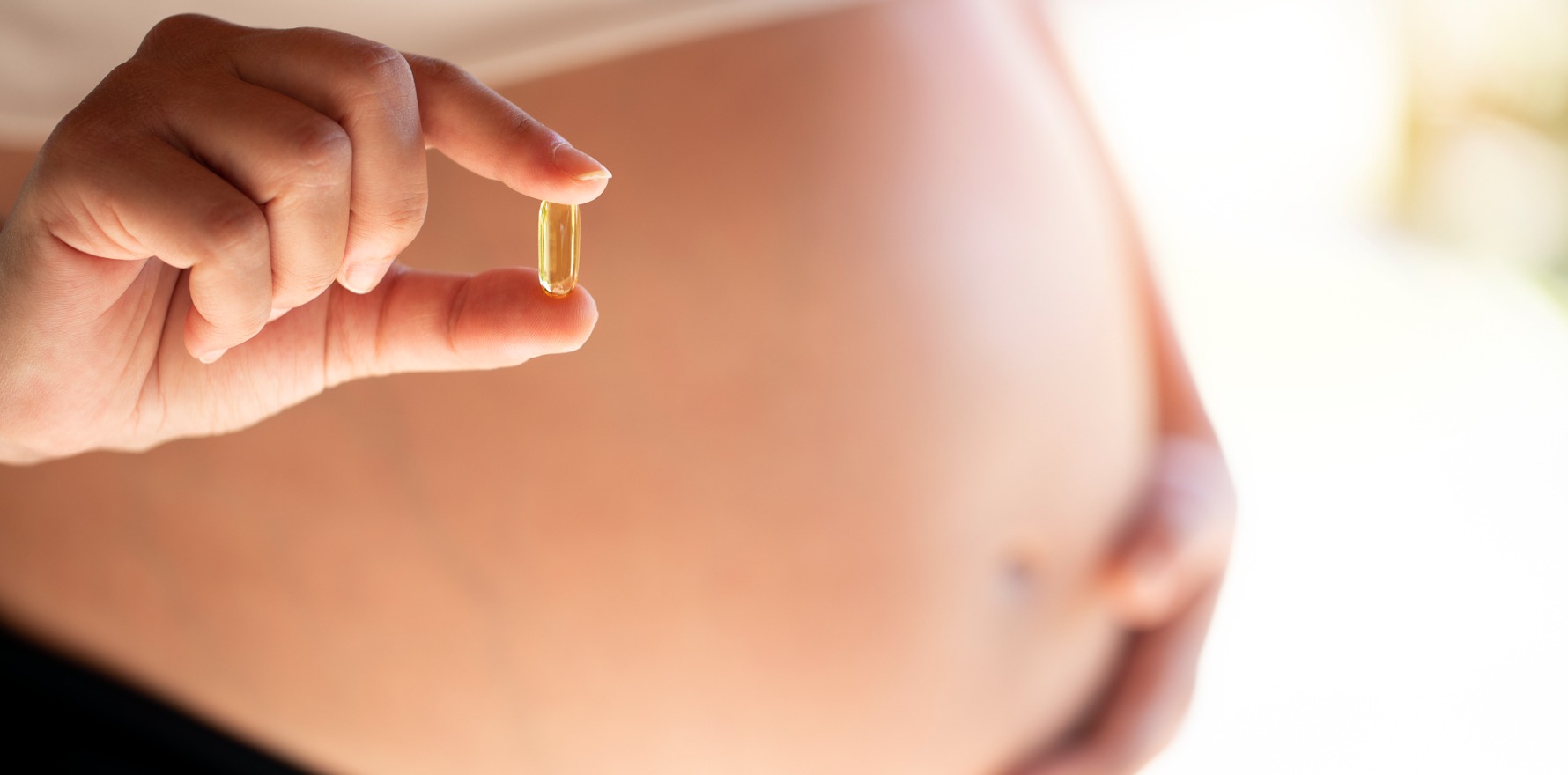First link between folic acid and Kawasaki disease may have been found.
Taking folic acid supplements throughout pregnancy may decrease the risk of infant Kawasaki disease, according to a Japanese study.
The observational study of more than 87,000 women found a significant association between increased maternal serum folic acid in second and third trimesters and a decrease in the incidence of Kawasaki disease in infants, in the first year of life.
Children of women with serum folic acid in their second and third trimesters of ≥10 ng/mL had a reduced incidence of Kawasaki disease compared with those from mothers with serum levels of <10 ng/mL (0.27% vs 0.41%).
Kawasaki disease is one of the leading causes of acquired heart disease in Australian children but is considered a rare disease.
Clinical diagnosis can be difficult as infants may not present with all symptoms at the same time and no diagnostic test exists. A rash, prolonged fever, conjunctivitis, and swollen tongue may be present, or patients may only present with one of these features.
It is treated non-specifically with intravenous immunoglobulin, and if left untreated can cause coronary artery damage.
While there was no previous data available exploring the relationship between folic acid and Kawasaki disease, the researchers explained that the pathogenesis involves immunological mechanisms. What triggered this was unknown, but as folic acid was crucial for immune function in pregnancy, the researchers found this was a promising link and clinical trials should be considered.
The recommendation in Australia is to take folic acid supplements during preconception and in the first trimester. This study showed no statistically significant difference in Kawasaki disease rates between first trimester-only supplementation and those who did not take any folic acid supplements throughout their pregnancy (0.34% vs 0.42%).
Only participants who continued supplements in the second and third trimester showed the reduction in Kawasaki disease rates.
The study reported that less than 36% of participants were taking folic acid supplements during the study, and only 20% reported taking it in preconception.
“[From an epidemiological perspective] as the number of new cases of Kawasaki disease in Japan has progressively increased, folic acid intake during pregnancy among Japanese women has decreased,” the authors wrote.


